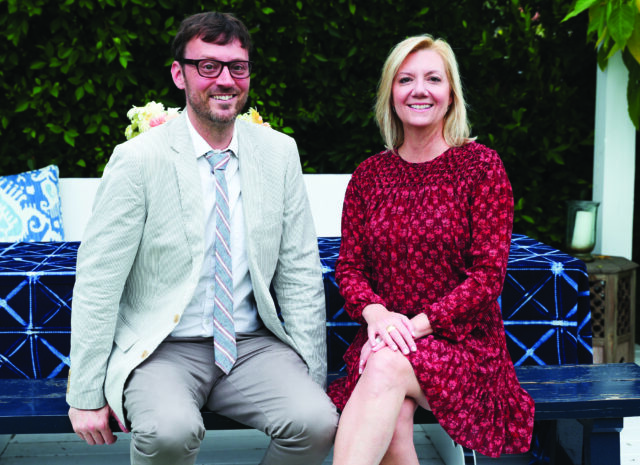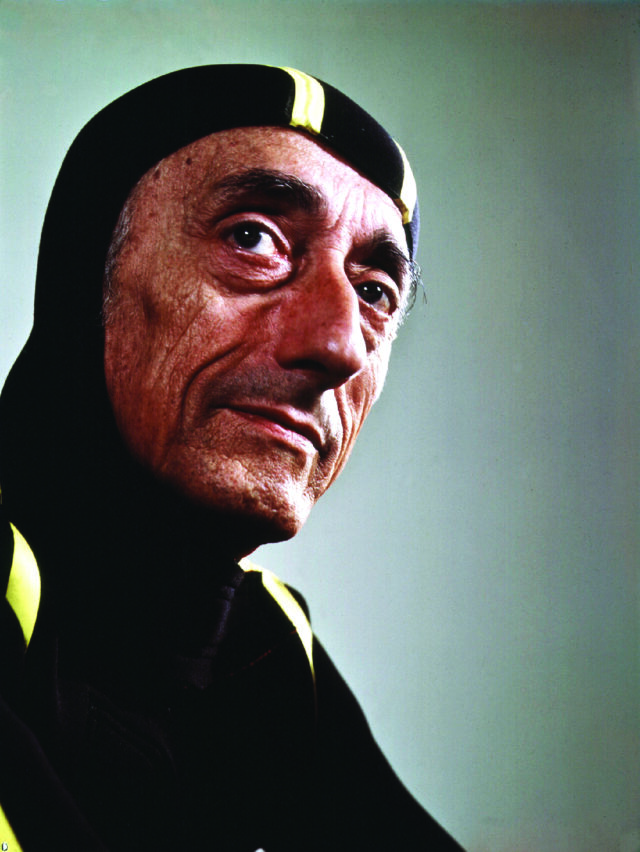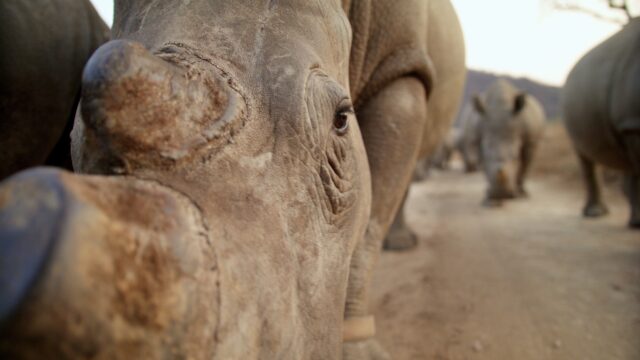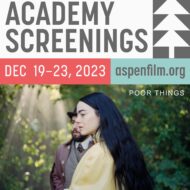
By Ray Rogers
PURIST: How thrilled are you to be back in the theaters this year?
Anne Chaisson: We are ecstatic that we will get to gather with our friends, filmmakers and supporters this year in theaters. After such a solitary interaction with film as a medium on a much smaller screen, I believe people can’t wait to see movies as they were intended, and of course, with a huge bag of popcorn!
Can you talk about the creative ways you pivoted in how you presented films and helped people access film last year?
Anne Chaisson: The moment we learned of the shutdown of all indoor activities, the team immediately pulled from our archive and provided experiences one would have at a typical HamptonsFilm program: an introduction by filmmakers or board members, the watching of an exceptional narrative or documentary film, and then a post-screening Q&A. We’ve screened documentaries every summer out East for the past 13 years with board member Alec Baldwin, and had videotaped most of the post talks. Alec generously taped introductions about those events, and thoughts on the film so we could take a look back at many of those documentaries. Additionally, we were able to purchase a drive-in business through the generosity of our patrons and held drive-ins. That gift has delighted audiences throughout this unexpected time to this day, with outdoor screenings this whole summer with supporters like Purist.

What meaningful role did storytelling play during the difficult times we all had last year?
AC: We are all very lucky to have such an array of ways to interact with the art of storytelling, from podcasts to social media, to a bonanza of TV series and feature films. That access not only provided a much-needed form of entertainment, but also pulled an enormous amount of people together collectively around stories in a way that I don’t think I’ve seen in 30 years.
How about for you, David? What role did film play in getting through and transcending that difficult year?
David Nugent: I had a steady stream of films to watch to consider for our year-round programs and annual film festival in October, and as with every year, having that new crop of films always fills me with hope and excitement to see what type of work filmmakers are creating and what new voices emerge on the scene. What I missed, however, was the excitement of seeing some of these films at other festivals like Sundance and Cannes, and sharing in that collective emotion that is so vital to the experience of cinema. Seeing the first screening of Parasite with 2,300 people at Cannes in 2019 was an absolute thrill, and I missed that. I’m just now back from Cannes 2021 and it was incredible to have that experience again.

With so much time at home in the past year, did you have the opportunity to take a deeper dive into or explore new genres of film?
DN: Since we have two young children and were not able to have child care assistance during the pandemic, I had no time to watch the diversionary stuff that I think many people understandably used to distract from what was going on. That said, early on my daughter, Plum (6 at the time, now about to be 8) discovered Star Wars through a kids book I’d taken out of the library for our 1-year-old son. She was intrigued, and next thing I know we were spending parts of our nights working through all nine of the Star Wars films and I loved it! That, and then E.T., Willy Wonka and other classic children’s films.

Could you give us a sneak preview of some of the important works you’ll be screening this year, and tell us why it is so important to the festival to have these categories of films, like Conflict + Resolution and Animal Rights, as part of the programming?
AC: Every film organization at its core mission screens essential films about the human experience. The Hamptons, with its very engaged, philanthropic and vociferous audience, are certainly known for that engagement. Over 20 years ago, one of our board members wanted to award a filmmaker who was bringing stories of conflict and resolution to the world, and make sure that film was not only seen, but rallied a group of professionals, authors and journalists around the theme for a panel and event, in order to further the cause. HamptonsFilm also partnered with the Suffolk County Film Commission to showcase films that are about, and from, Long Island. Since then, HamptonsFilm has broadened our signature programs to include films about the environment with Air, Land + Sea, and films focusing on animal welfare in our Animal Rights category. We are very proud of these programs and can’t wait to showcase information about one from each category below.
Paper & Glue (screening in Conflict + Resolution program)
DN: I first became familiar with French street artist JR’s work in the film Faces Places that he made with Agnès Varda before she died. The way that his artwork gives a voice and shines a light on conflict regions around the world makes it such a perfect fit for our Conflict + Resolution section.
Becoming Cousteau (in the Air, Land + Sea program)
DN: Although I grew up watching much of Jacques Cousteau’s work, I knew little about the man himself and his evolution to being so central to the modern environmental movement. Liz Garbus, whose film Love, Marilyn opened our 2012 edition, has done a wonderful job in painting a portrait of Cousteau.
The Art of Making It (In Views From Long Island)—World Premiere
DN: This film, made by a number of Long Island filmmakers, is a fascinating look at the ecosystem of the art world, and it shines a light on the inequities that impact whose work is able to be seen and experienced.
The Last Horns of Africa (in Animal Rights)
AC: This is an inside look at the horrific trade of black rhinos in Africa that has put governments, poachers and conservationists at odds while a protected species faces extinction. This film provides an inside look at all of these warring factions, with interviews and footage from the front lines.
Keep up to date with festival news at hamptonsfilmfest.org








